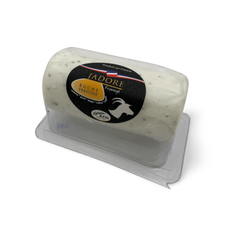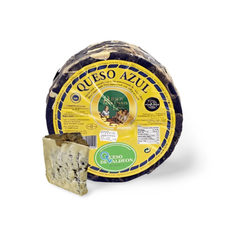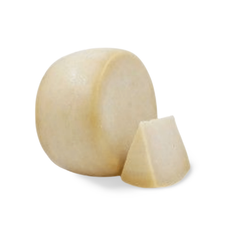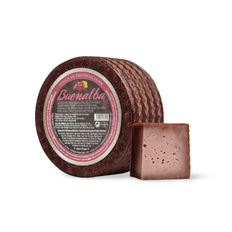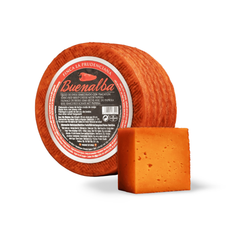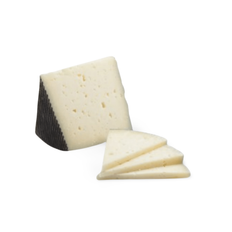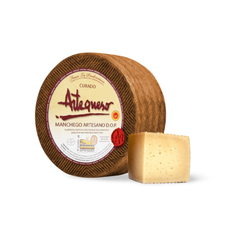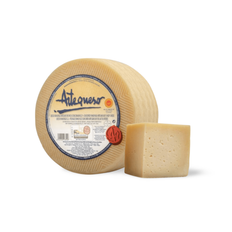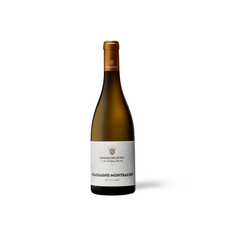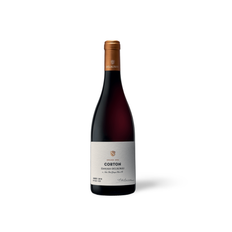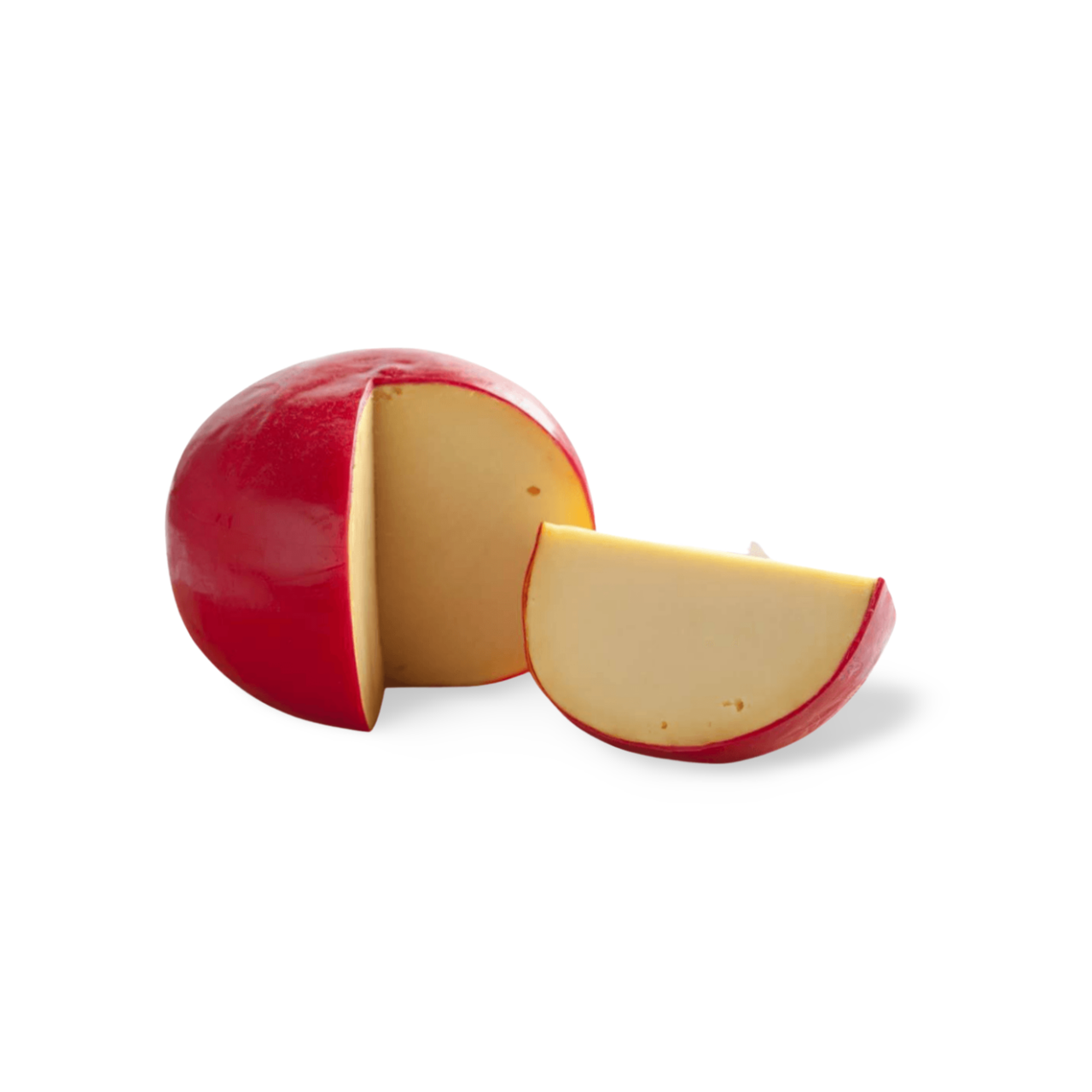
Edam Boule Cheese – A Classic Dutch Delight
Discover the Iconic Round Cheese with a Red Wax Coating
by Generic
Earliest delivery: February 23, 2026.
Or choose your delivery date during checkout.
Take a journey through the rich heritage of Dutch cheesemaking with Edam Boule—a product that encapsulates tradition and exceptional taste in every spherical bite. Known for its distinctive red wax and globally recognized for its mild flavor, Edam offers both culinary versatility and historical richness.
Origin and History
Edam Boule, originating from the Netherlands, is a timeless representation of Dutch craftsmanship in cheesemaking. This cheese hails from the town of Edam in North Holland, where it has been produced since the 15th century. Protected under the designation “Edam Holland,” this cheese exemplifies the authentic characteristics expected from its geographical origin. While authentic Edam hails exclusively from Holland, its popularity has led to the creation of similar styles in countries like Spain and across the Americas.
Physical Characteristics
Characterized by its iconic round shape, Edam Boule is immediately recognizable. Each boule is traditionally encased in a bright red paraffin wax, though yellow wax variations exist. This wax not only protects it during aging but also serves as a distinctive mark. Typically, Edam is sold in various sizes, from small baby boules to large commercial balls.
Production Process
The crafting of Edam Boule is a testament to traditional Dutch processes:
- Milk Source: Primarily made with pasteurized cow’s milk, though occasionally goat’s milk finds its way into specialty varieties.
- Coagulation: Natural rennet curdles the milk; vegetarian options might be available, always check labels for specifics.
- Curd Formation: The curd is cut and drained, avoiding sour or bitter flavors.
- Molding & Pressing: Pressing into spherical molds gives Edam its signature shape.
- Brining: Soaking in salt brine enhances flavor and rind formation.
- Aging: Ranges from a month for young Edam, extending up to a year for matured varieties, with wax applied post-aged
Flavor Profile & Texture
Edam Boule offers a delightful taste journey from mild creaminess to sharper, nutty notes as it ages. Young Edam is soft and springy with a subtle sweetness, while mature Edam becomes firmer with a pronounced saltiness and tang.
Culinary Uses & Pairings
Edam is perfect for various culinary applications, from simple slicing on a cheese board to melting smoothly in sauces or shredding atop casseroles. It pairs beautifully with fruits—apricots or cherries for a younger cheese, and apples or pears for the matured.
Nutritional Information
Rich in protein and calcium per serving, Edam Boule caters to those seeking a nutritious, moderately fattening cheese option.
Cultural Significance
Celebrated worldwide, Edam is more than just a cheese; it symbolizes a cultural heritage that spans centuries. Its durability and appealing taste make it a perennial favorite in homes globally.

